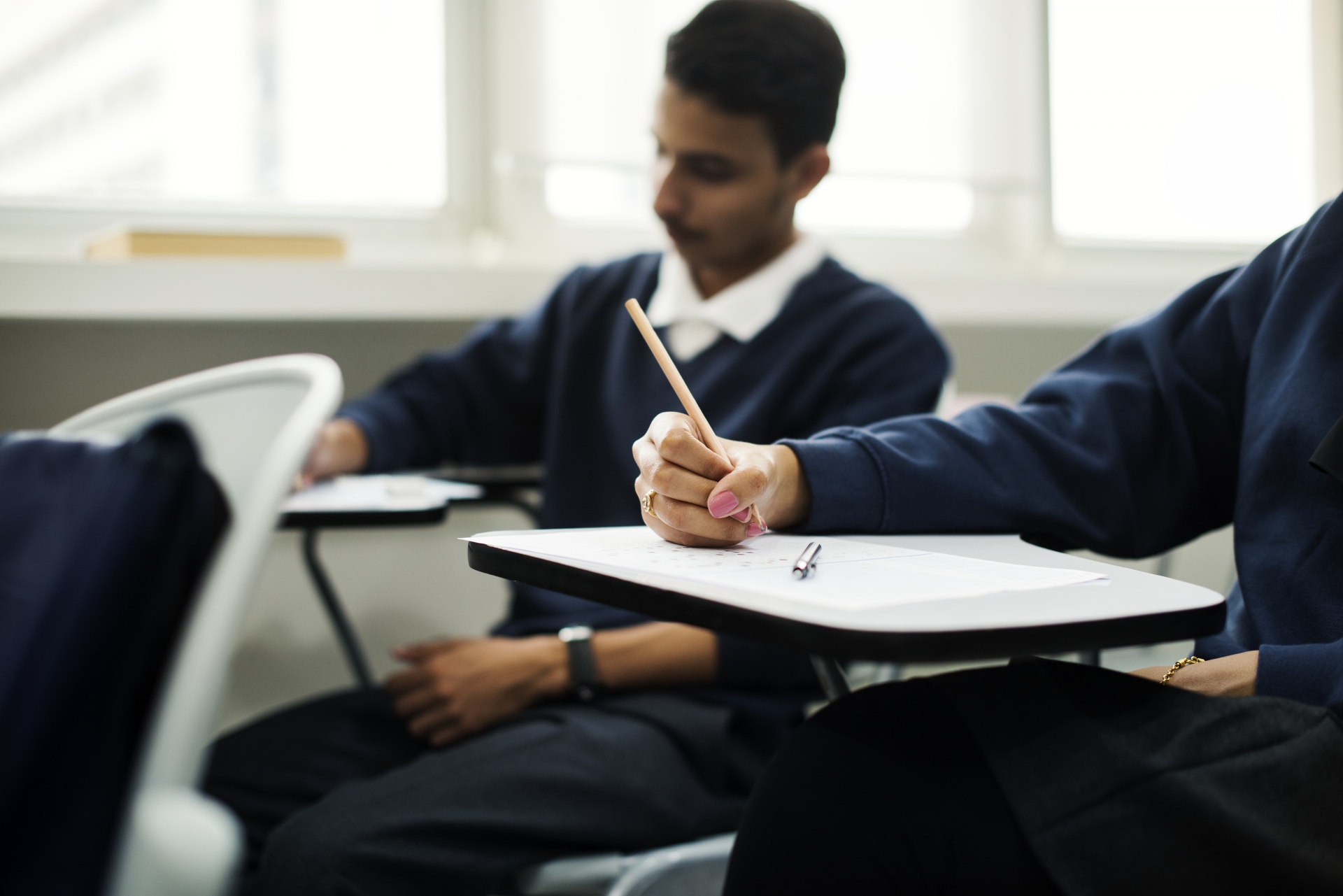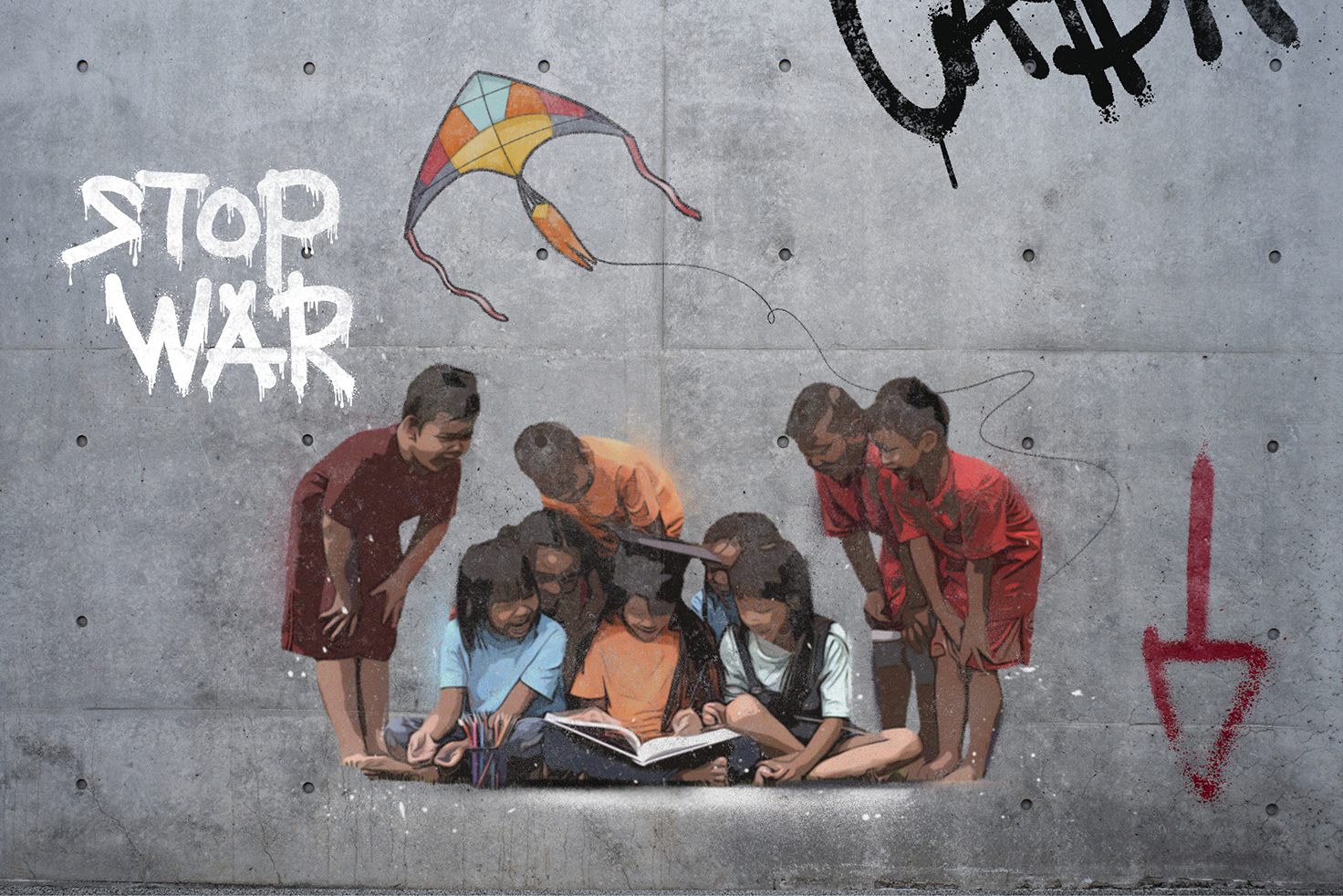2023-06-06
Hong Kong should empower its young refugees with better education and support

Ten-year-old Pakistani actor Sahal Zaman won the Best New Performer at the 41st Hong Kong Film Awards for the film “The Sunny Side of the Street”. In the film, he played a refugee boy and brought the hardships of refugee life in Hong Kong to life. In reality, many refugee youths fled to Hong Kong with their parents when they were young, or were born in Hong Kong by their refugee parents (“refugee youth”). They have grown up in a very tough environment and have encountered many limitations in their personal and career development.
According to the data obtained from the Immigration Department, as at 28 February, there were 1,437 non-refoulement claimants aged 24 or below residing in Hong Kong, who made claims for protection against expulsion, return or surrender from Hong Kong to another country. They have no right of abode in Hong Kong and do not want to be repatriated to their country of origin. In some cases, they have to stay in Hong Kong for more than 20 years before being transferred to another country for resettlement.
Refugee youth grow up in a hostile environment
MWYO released the research report “A Study of Refugee Youth in Hong Kong: Education Empowerment Programme” in May this year. The data was collected by conducting in-depth interviews with three professionals and six refugee youths. The purpose was to explore the common learning and living problems faced by the refugee youth, their growth and development in Hong Kong, and the adequacy of the relevant support. The findings revealed that the refugee youth not only have to go through the common difficulties encountered by the ethnic minority youth, such as social exclusion and self-identity problems, but also have to live within the constraints that the refugee status imposes.
The refugee families find it hard to meet their basic living expenses by solely relying on the support from the government and NGOs. The refugee youth are severely deprived of opportunities to participate in extra-curricular activities due to poverty, and are unable to leave Hong Kong to take part in activities due to travel restrictions. Even if some talented refugee youths are capable of pursuing further studies at the degree level, the lack of government subsidies for post-secondary education has limited their academic development. On the other hand, if they want to work legally in Hong Kong, they have to apply for an employment permit from the Immigration Department, but the process is slow. For those whose non-refoulement claims are unsuccessful, it is harder for them to obtain an employment permit. It prevents them from working their way out of poverty.
Endurance in suffering may cause emotional problems for the refugee youth, but it is difficult for them to find friends to talk with. Generally, they have low self-esteem and experience self-stigmatisation which make them isolate themselves from mainstream society and social groups. Worse still, they are also afraid to let others know about their refugee status for fear of being bullied more severely.
Despite this, the refugee youth still consider Hong Kong a special place for them because they have friends and memories of growing up in this city. Even after they have settled down in other countries, Hong Kong remains as a place of top priority for them to come back and make a contribution. In fact, there are some touching stories about the return of the refugees to Hong Kong to support voluntary services.
Suitable learning environment is important
For humanitarian reasons, the government and society have a responsibility to foster a more suitable environment for the growth and development of the refugee youth during their stay in Hong Kong. We should treat them as local students and offer appropriate education and training. There are many places in the world where refugee policies are more well-developed. For instance, the Chinese government has given refugee children (most of whom are believed to be of Chinese descent) the same access to public education as local Chinese children.
Therefore, the author suggests that the government should promote the “Refugee Youth Education Empowerment Programme”. The schools have to refer refugee students to NGOs for extra-curricular education and training, with the aim of helping them receive better education and narrowing the gap between their education and that of local students. The supports have to be provided without disclosing the identity of refugee students. Ideally, it should be led by NGOs and supported by schools, so that their identity will be kept from their peers in schools, preventing further exclusion and bullying.
In this regard, the government, schools and NGOs have to work closely with each other and play different roles. In brief, the government should provide funding, ensure the quality of services and establish a platform for communication; schools should refer refugee students to NGOs, continually assess their performance in school and work closely with NGOs; NGOs should mainly assess and disseminate data on the performance of the recipients to the government and schools regularly, organise extra-curricular activities, assist in applying what they have learnt in the community, and ensure the quality of education.
In recent years, the community has expressed concerns about bogus refugees. The Security Bureau introduced an updated removal policy to end the abuse of the appeals system at the end of last year. From the perspective of enhancing the processing of non-refoulement claims, the change in the removal policy is reasonable. Some people criticised that refugees are a burden on society, and the increasing support may attract more of them to come to Hong Kong. However, the author believes that this is unlikely to happen. This is because most of the refugees do not know much about the situation in Hong Kong before leaving their country of origin; and even if the educational support is enhanced, their overall life experience in Hong Kong is still very challenging.
The growth and development of the refugee youth are extremely difficult, but there is very little attention paid to them. The society generally regards the refugee youth as a burden and puts a negative label on them. The author hopes that the government and society can place great importance on the development needs of the refugee youth and focus on their educational achievement. If the government, schools and NGOs can work together, the author believes that the refugee youth can grow up in a better environment. When they are transferred to other places in the future, they will be able to adapt to the new destinations and pursue their dreams. One day, they may come back and contribute to Hong Kong.
Originally published in SCMP on June 6, 2023
Related Projects/ Opinions



